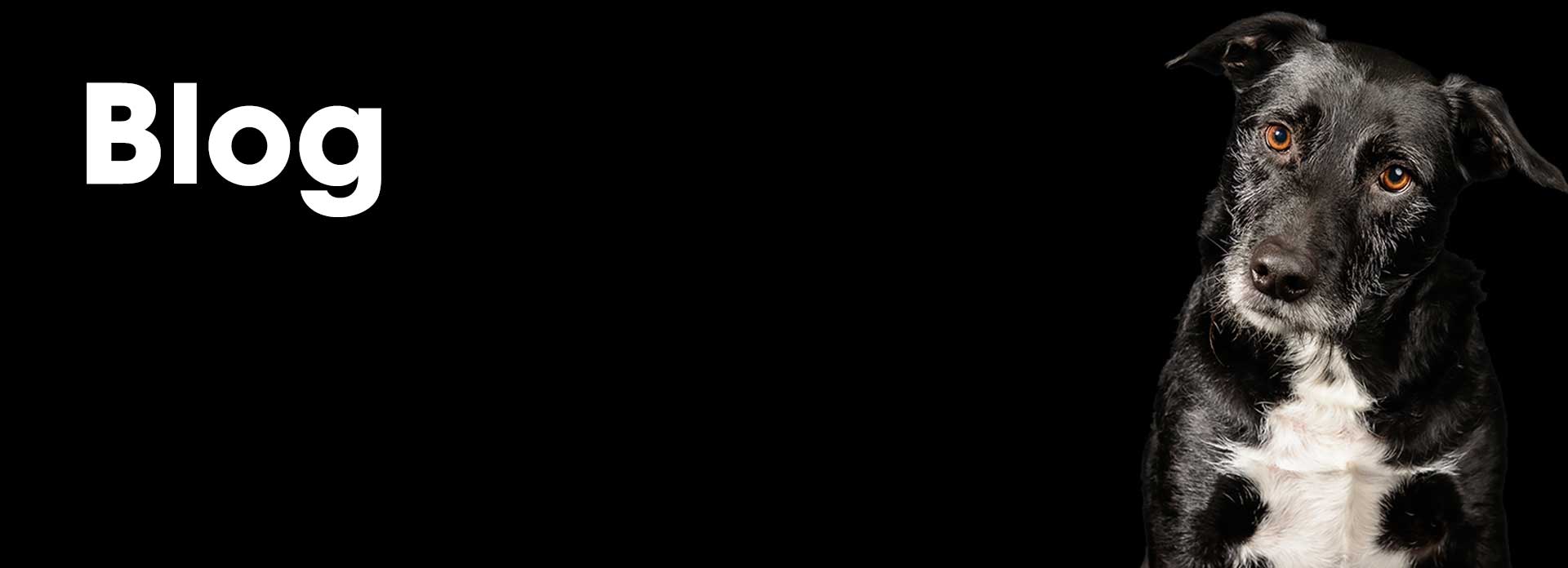The holidays are here! It’s a time full of festive fun, but it’s also a time that could prove disastrous to your four-legged friends. Holiday decorations, sweets and treats, traveling and visitors all pose hidden hazards for your furry family members.
So make your list and check it twice to ensure a happy and healthy holiday for your entire family.
FOOD
- Raw eggs
- Raw meats
- Chocolate
- Unsweetened Cocoa
- Bones
- Fatty, Cooked Meals
- Garlic
- Onions
- Nuts (Almonds, Walnuts, Pistachios, Macadamias)
- Raisins
- Dips
- Cheeseballs
- Alcohol
All can cause vomiting, diarrhea, seizures or even death if consumed. Store and display these items in safe, hard to reach places. Don’t leave plates of food unattended where your pet can reach them.
Ideally, your dog’s feeding schedule should not change in terms of what you feed and how much.
Also, ask visitors not to sneak food to your pet. Have some of your pets favorite treats on hand so guests can feed them appropriately.
LIVE PLANTS
- Mistletoe
- Holly
- Poinsettias
- Lilies
- Ivy
All are toxic if eaten by pets! If you have them in your home, be sure to pick up fallen leaves, berries, and stems and throw them away!
LIVE CHRISTMAS TREES
You don’t want your dog lapping up the water, so make sure to cover the container the tree is in with plastic or aluminum. The water may contain bacteria, fertilizers or other additives. Christmas ornaments are shiny and can look like small toys and could be swallowed by your dog. Place them high on the tree.
Christmas trees are a climbing favorite for cats. Make sure to restrict your cat’s access to it! Just in case your cat attempts to scale your evergreen, try fastening the tree to a hook in the ceiling to ensure a sturdy base that is less likely to topple!
Lastly, pine needles are toxic to cats and can puncture their intestines if swallowed. Keep a close eye and if your cat starts to show problems like drooling, retching, or vomiting, get them to the nearest veterinarian.
TINSEL, RIBBON, AND BULBS
All are string-like and can be swallowed and cause serious internal damage. Surgically removing these items is expensive and dangerous and the recovery is uncomfortable.
LIGHTED CANDLES
These singe fur, burn skin, or get knocked over and create a fire hazard. Keep them high and out of your pets reach. You can even consider remote-controlled candles and lights.
ELECTRICAL CORDS
These can shock pets if chewed or frayed. Secure them with electrical tape or PVC pipe.
TRAVEL
- Make sure to get a health certificate from your veterinarian to establish a clean bill of health and documentation of a rabies vaccination. This can be done 7 to 10 days prior to travel.
- Make sure to have picture identification, proof of ownership, and a first aid kit on hand. Always travel with more food, treats and medications than need…just in case!
- Use a travel crate, carrier, or harness to keep your pet safe while traveling to your destination.
STRESS
- Consistency is key! Stick to normal routines, like daily walks, to avoid accidents. One-on-one time with your pet before major activities can help reduce anxiety.
- When entertaining, make sure your pet has a safe place to retreat from the holiday hustle. This can be a room, bed, or crate.
- Ask guests to leave their pet(s) at home to reduce your pets stress.
